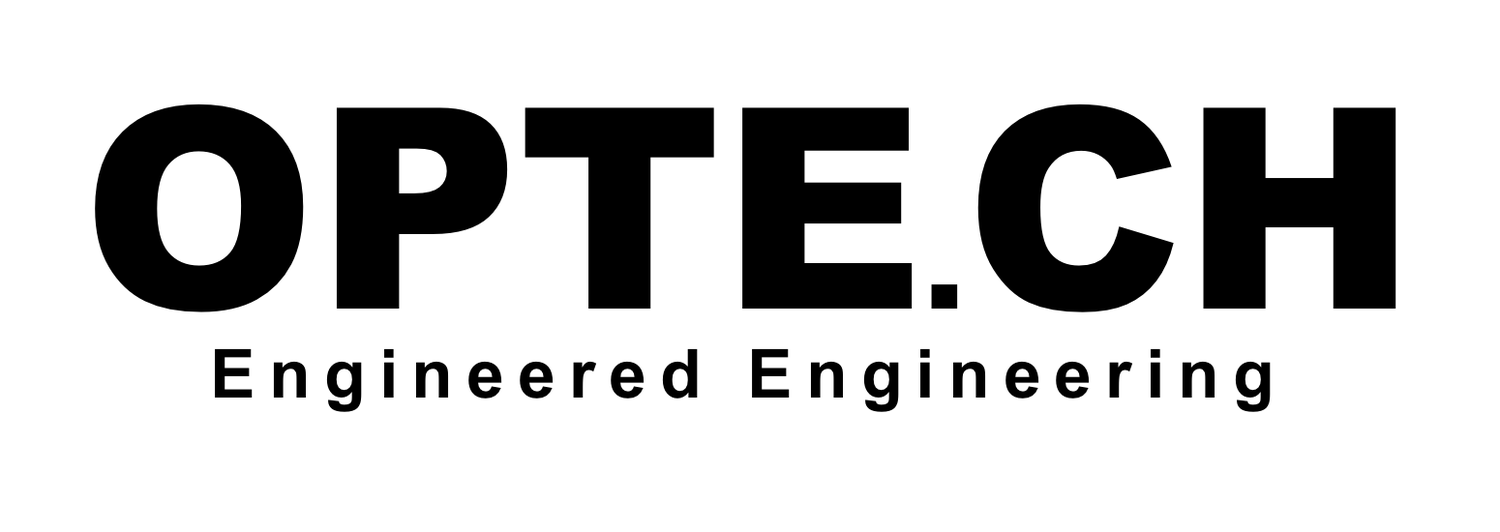For several years now, a sizable portion of the technology investor and news dialogue can boil down to "There's definitely a bubble!" and "There's definitely not a bubble!"
Far be it for me to weigh in here, I'm no investor, and feel far more comfortable giving my money to Betterment (not an ad, I just really love what they do) than investing (all of it) myself. With that being said, I do think I've got enough of a hold on the technology side to participate on the periphery of the conversation.
I am NOT declaring that there isn't a bubble, let me get that out of the way right now. Startups have been getting scooped up for 100s of millions or billions of dollars for several years now, and sometimes it feels more like people with money to burn desperately trying to get their ticket on the next gravy train. Is it sustainable? Who knows. Is it reasonable or justified? I think that's a mixed bag. Since I'm not sitting on a mountain of billions, I don't think my two cents means much here though.
It seems like a continual case of, and I almost hate myself for saying it, FOMO. With how fast technology can scale right now, a hot new startup can become a behemoth of industry a hell of a lot faster than ever before. A few thousand percent return is a good incentive to write a check; I'm sure it only takes missing out on one or two Facebooks or Ubers to realize that.
Anybody with a a few weeks to throw together an app can go from a nobody to printing tens of thousands of dollars per day, consider Flappy Bird. So while he didn't go on to get millions of VC funding to stock a $10,000/month office with $4/bottle coconut water, he probably could have. It demonstrates how these ideas are, whether by design or as a result of current VC strategy, lottery tickets for the ultra-wealthy. (Side note: this is not a statement on income inequality - no one should feel entitled to anything and should expect to work hard for everything, anything extra is a bonus, but I realize I'm fortunate to be able to hold this privileged position.)
The last dotcom burst had some startups with good ideas – grocery delivery was introduced and everyone was sure that would be the next frontier; it failed spectacularly with so many losing sums of money the rest of the world only dreams to know. Digital entertainment, music and video, were attempted and we didn't have high resolution cameras with us every second of the day with high speed internet to connect people. Others attempted digital currencies, and again fell short of realizing their dreams. TNW put together a fun list to look through of 17 failed dotcom companies and their modern counterparts.
So why, when valuations appear to be based so heavily on someone adding some zeros to their just just so they don't miss out, would there be any argument that there is not a bubble?
To oversimplify, it is the first time in human existence that we've had this kind of reach and instantaneous market. We have over a billion potential customers throughout the world on any given platform, double that (or more) when you go cross-platform. Furthermore, the access we have isn't to a shared home computer, it is to the most personal device that this world has ever known, with the extra upside that we carry it with us at all times. The experience of ordering groceries by logging into a website, finding a store, placing an order, typing in your credit card information, and waiting, is vastly different than having your phone on you, know your location, have an app custom designed for doing exactly this, algorithmically determined options based on purchasing patterns, a near-instant Apple Pay transaction, and city infrastructure that is designed to fulfill the order.
To be fair, the website would also be designed for this task, credit card and location information can be saved, and the hundreds of millions of dollars were being invested to overcome the last mile problems, but that difference matters. The smartphone enables speed and convenience to go from an idea to an order which ultimately provides the escape velocity for these ideas this time around. Think of Uber without the phone, think of social without a good camera and location capability, it just doesn't add up to the user experience momentum that we're currently experiencing.
Lastly, we now have the computing power and data collection capabilities to really take this to the next level. Location awareness and a rich browsing and purchase history give retailers a much more accurate view of what we want. Retailers can now view these patterns and anticipate things then tailor our experience to drive higher sales. A lot of this existed, or technically could have existed a decade ago, but it either didn't exist or didn't exist at the "hit the ground running" scale that was required. That difference matters. All of these differences matter. They add up to, as only hindsight will be able to confirm, what appears to be the perfect storm for this to be real, and not a bubble.
I don't know if this time will crash and burn like last time, but it is plain to see that this time is different. The phone changed everything, and so it stands to reason it will be sufficient to prevent the fallout we saw in the first bubble.
